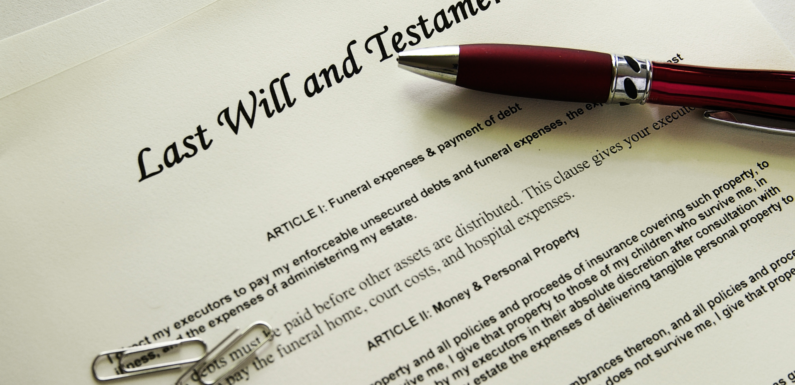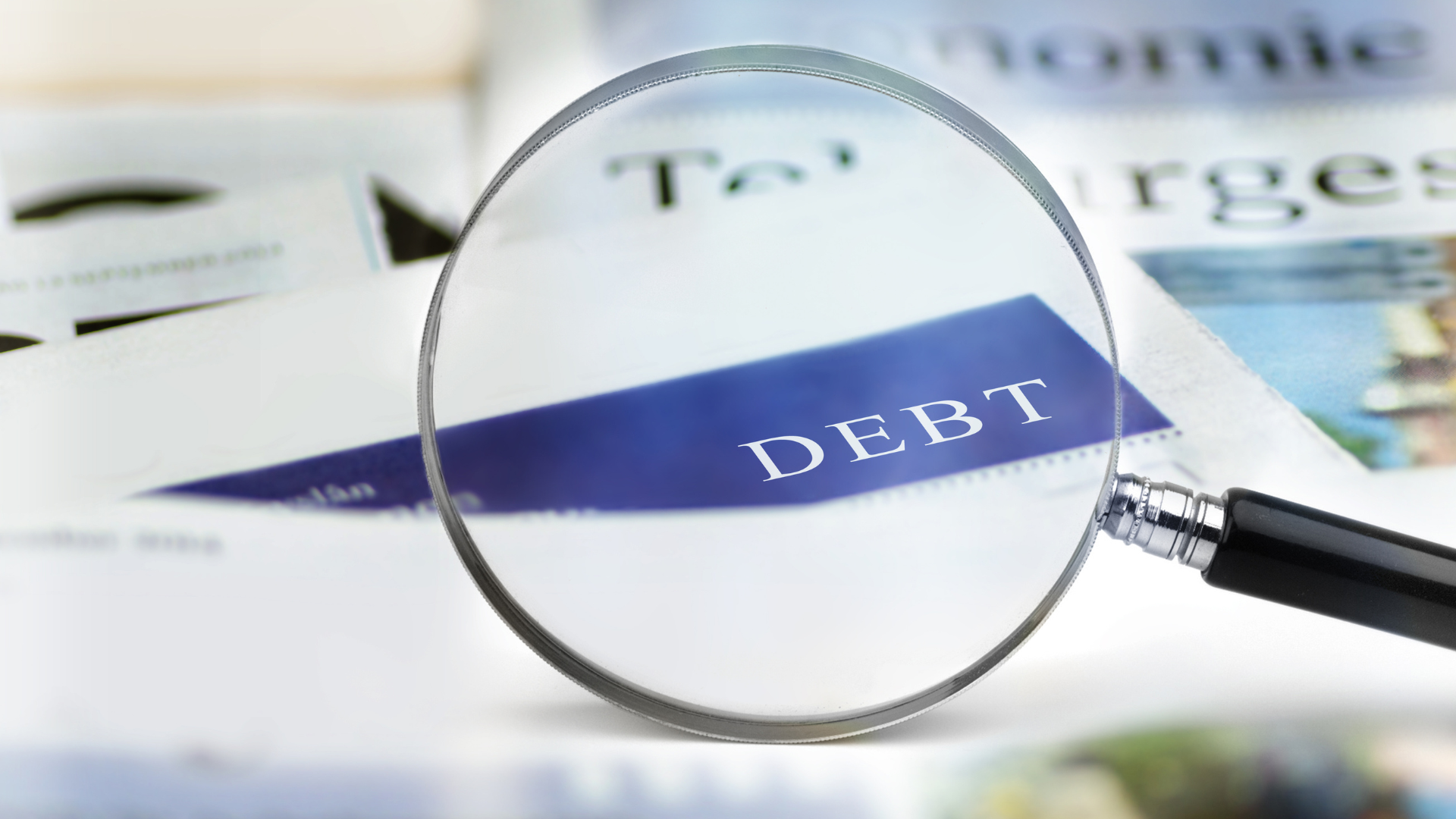
If you have just come into an inheritance, then you are probably wondering what the best way to invest it is.
Investing your money doesn’t have to be complicated if you are aware of your options and what will come along with them.
Today, we will discuss some of the best ways that you can invest your inheritance, what else you may want to do with it, e.g. create an emergency fund, and the tax implications around inherited money.

What Inheritance Taxes Do You Need to be Aware Of?
As nice as it would be to get a huge amount of money in your bank completely tax-free, there will still be some property taxes, inheritance taxes, and estate taxes that you might need to pay.
It can get quite complicated, so we will try and break it down for you in the best way possible.
Federal Estate Taxes
Federal estate taxes are about the taxes on the transfer of a person’s property after their death. The federal estate tax is only used on estates worth more than $12.06 million in 2022, but in 2023 it is now at $12.92 million.
When you inherit, you are not the one who has to pay estate taxes, it is the person’s estate that has to pay taxes.
These taxes are normally collected before the estate comes to you, so you don’t have to worry about paying income taxes on the estate as soon as you get it as it will all be squared away once it reaches its final destination – you.
However, when we take a look and inheritance tax, that is something different.

Inheritance Taxes
These types of taxes are, unfortunately, imposed after you have inherited the assets your loved one has left you in their will.
There is no federal inheritance tax that you have to pay, but in six states there is one, so you will need to check if your estate has these tax laws.
You may not have to pay the federal inheritance tax if you are a beneficiary, even if the person’s estate is in one of these states, it will depend, so you have to contact a tax professional to talk about this to see what the outcome may be and if you do in fact need to pay taxes.

Consult With Professionals
Before you get worked up and start going over what you will need to do, always speak to specialists in these fields first to see what the best course of action is. The first step to receiving inheritance money is contacting the executor so that you can get an estimate of what you’re entitled to. If you aren’t sure about who the executor is, you can check the probate court records with the help of your attorney (perhaps one who specializes in Spanish probate services).
After doing that, you may then want to discuss your next steps with a financial advisor who will be able to help you pick out what to do with your inheritance, putting you in a good position to open up lucrative investment accounts or retirement accounts that will benefit you down the line.

Taxes on Inherited Assets
If you inherit a Roth IRA (Individual Retirement Account), then any withdrawals are taxable income, just like you would get taxed with your normal income, you will be taxed with an IRA.
It is important to understand how you can pay extra taxes with some assets that you do get, especially if your loved one has multiple accounts or policies, so you will need to go over this with their estate to see where you stand and what the projections are.
What Else Can You Do With Inheritance Money?
Before we go into your investment opportunities, there are a few other things you can do with the money that you have coming to you which may suit you better than taking out mutual funds or putting your money into tax-advantaged retirement accounts.
Give it Away
Do you have a friend in need? A family member who is trying to get on the property ladder?
If you do have a big payout, then you may want to think about putting some of that money to good use and helping others who might be looking for some aid.
You could also think about giving it to a charity of your choice and helping out those less fortunate.
Pay Off Your Debts
Many people struggle with debts throughout their lives, it is hard to not be in some form of debt in America, so if you have some outstanding debts that you would really like to pay off, then why not think about creating a clean slate for you to build on?

Start an Emergency Fund
So many things pop up here and there and it is a good idea to start off an emergency fund that can help with paying off things that come up.
Broken-down washers, cars, house repairs, and so on, can all be dealt with using emergency fund money.
Build Your Retirement Savings
You could also look at building on your retirement savings as well, because when you stop working you won’t be having the same amount come in, meaning that for anything that breaks, you have got to deal with the money you have whilst still paying rent/mortgage and bills.
Save For a College Fund
If you think your kids will be off to college, then why not use this as a good way to start them off by creating a solid college fund for them to use when it comes time to send them off?

What Are The Best Ways to Invest Inheritance Money?
It is a good idea to speak with a financial advisor/financial planner first to help you see what you can invest in, for example, did you know that if you get a life insurance policy that death benefits are typically tax-free?
So, if you want to pass on your inherited money to someone else in your family, you will be able to send them the full amount from that life insurance if you use your inheritance for that.
You will still need to research that in depth to see if you are able to have this where you are, but it is something to think about when deciding about the future of your inherited money.

Exchange Traded Funds
Also known as EFTs, they share a lot of similarities with mutual funds as they are all about investing in a pool of stocks for diversification, the difference is that EFTs are liquid and you will see better returns if you keep hold of these funds for the long-term.
Index Funds
It is a type of mutual fund as well as an exchange-traded fund, that aims to provide broad returns by tracking a sector of the economy.
Real Estate
In times of inflation, the prospect of investing in real estate, whether in the form of residential or commercial property, emerges as a strategic move to counter the surge in costs. This avenue provides a robust hedge against mounting financial pressures. The resilience of real estate investments lies in the potential appreciation of property values and rental income.
As inflation drives prices upward, the value of properties has historically shown a tendency to follow suit, bolstering the financial landscape of investors. Simultaneously, the rental income generated by these properties could also experience an uptick, offering a twofold advantage.
Remember to work with experts in the field, such as Patrick Leo or similar companies, before making the investment. Experienced professionals can provide guidance on investment strategies and acquisition, helping you make well-informed decisions.
You could also consider investing in Real Estate Investment Trusts (REITs). These will allow you to invest in commercial real estate companies for a share of their profits.
You won’t have to do any of the hands-on real estate management that they do, you just have to be an investor and leave them to it.

Precious Metals
Investing a portion of your inheritance money in precious metals can be a prudent diversification strategy. Precious metals, like gold and silver, have historically acted as a hedge against inflation and economic uncertainties.
If you opt for physical bullion, make sure to research reputable dealers and custodians to ensure authenticity and safe storage. Knowing where to buy gold bars or silver coins from trusted sources will safeguard your investment and give you peace of mind as you navigate the world of precious metals investing.
Bonds
This is known as a secure way to invest your money, and whilst it is small there is more of a predictable return.
They can be used to hold money for the future or balance out some other assets in your portfolio that are seen as more volatile than your other investments.
Individual Stocks
These are classified as volatile investments which have a good potential for growth as well as loss so you have to sometimes take a chance with these kinds of stocks.
They are risky, but if you think that they would be of benefit to you and you want to try them out, then you will need to speak to a financial advisor about what the best one would be for you and what could potentially happen with your money down the road.

Conclusion
When it comes to inheriting money, it can be very odd to suddenly have all this money or new assets signed over to you.
Now is not the time to be reckless, you will need to think about what your next steps are and how you can use this money in a beneficial way that won’t create an issue for you as time goes on.
Always consult with professionals first before deciding on any course of action as they have the necessary years under their belt and expertise.
They will be able to guide you toward specific areas that can help you invest wisely and potentially add to the money you were given.
